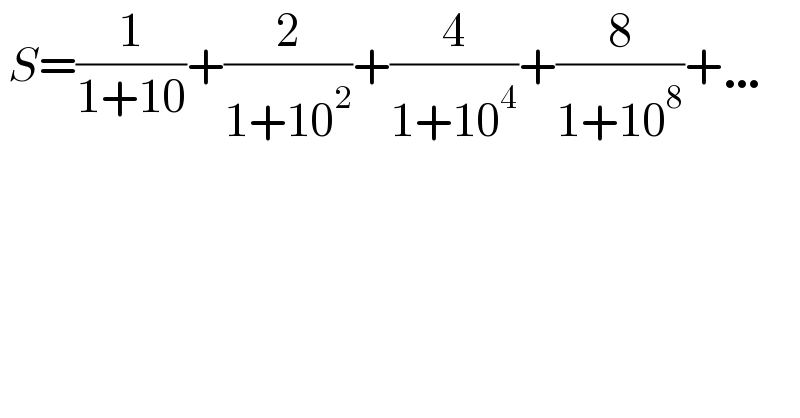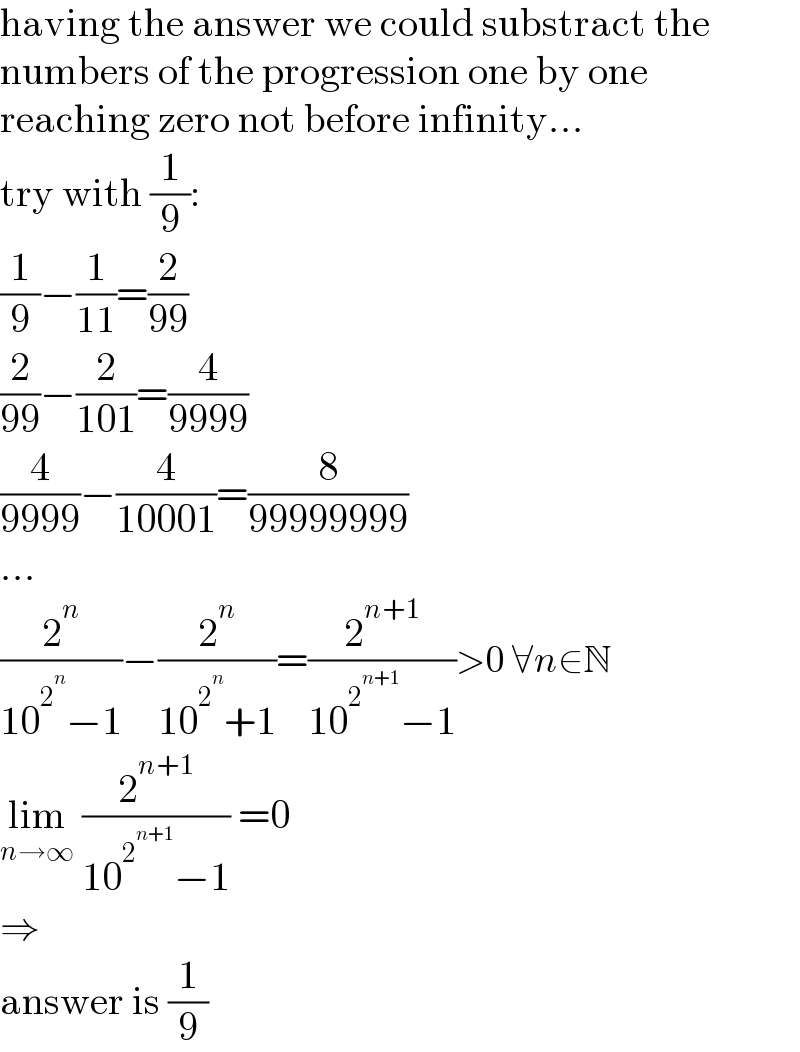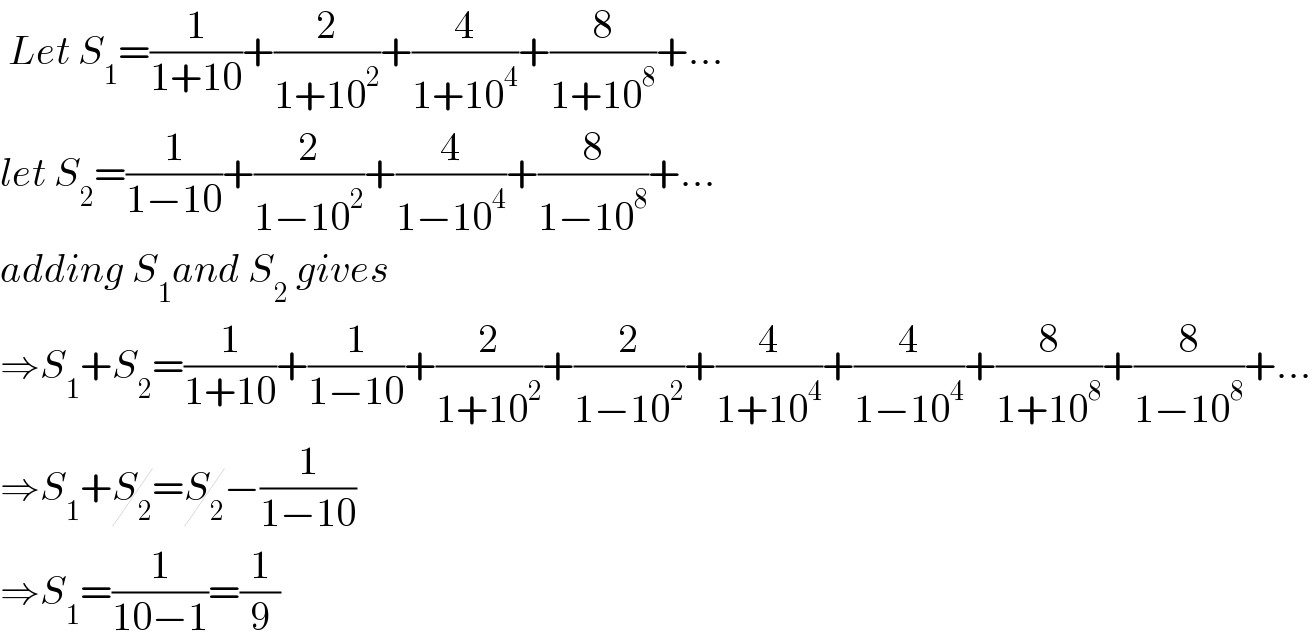
Question and Answers Forum
Question Number 154328 by liberty last updated on 17/Sep/21

Answered by MJS_new last updated on 17/Sep/21

Commented by peter frank last updated on 17/Sep/21

Commented by liberty last updated on 17/Sep/21

Commented by MJS_new last updated on 17/Sep/21

Commented by MJS_new last updated on 17/Sep/21

Answered by EDWIN88 last updated on 17/Sep/21

